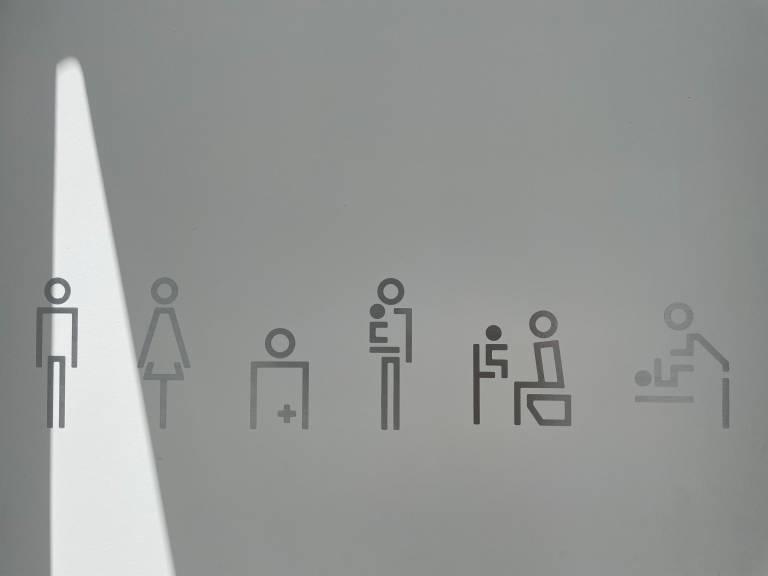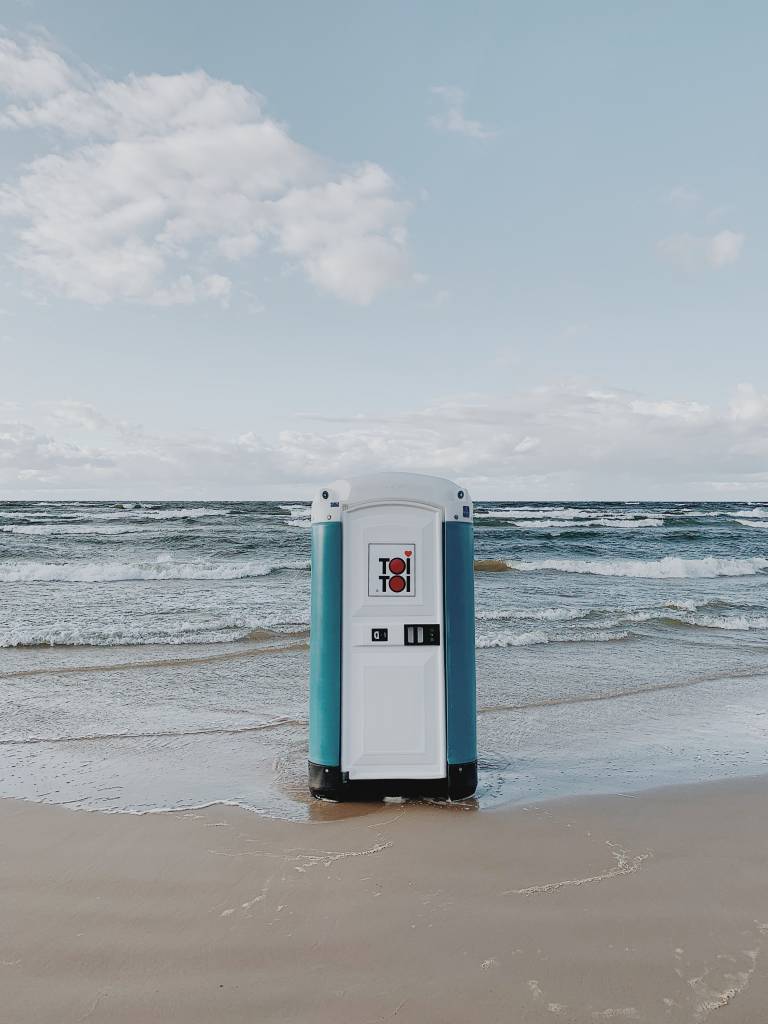
Project aim
Excrement is not often considered a topic for serious political discussion despite its importance for both human and planetary health. Excrement is surrounded by urgent questions, ranging from humaine elder care to food production.
Why should we talk about the politics of faeces?
Going to the toilet may sound like the most mundane and routine thing to do. It is also the reason why we tend not to talk about excrement as a serious political topic. Excrement raises both politically and ethically significant questions. The control and governance of faeces, or lack thereof, is more central to modern identity than perhaps often admitted. Citizens’ colons are governed through a wide range of measures, from public health recommendations of healthy diet and exercise to cleanliness and hygiene, and to very concrete issues such as defunding public toilets, solving the global sanitation crisis, and supporting those who cannot take going to the toilet for granted. And once it becomes waste, it becomes an issue for urban planning, sanitation, infrastructure, organising waste management and recovery, and protecting our waterways from sewage pollution.
These questions are everywhere. They concern us all whether we are nursing home residents, nurses, doctors, politicians, town planners, cancer survivors, or just people living in an ageing society.







